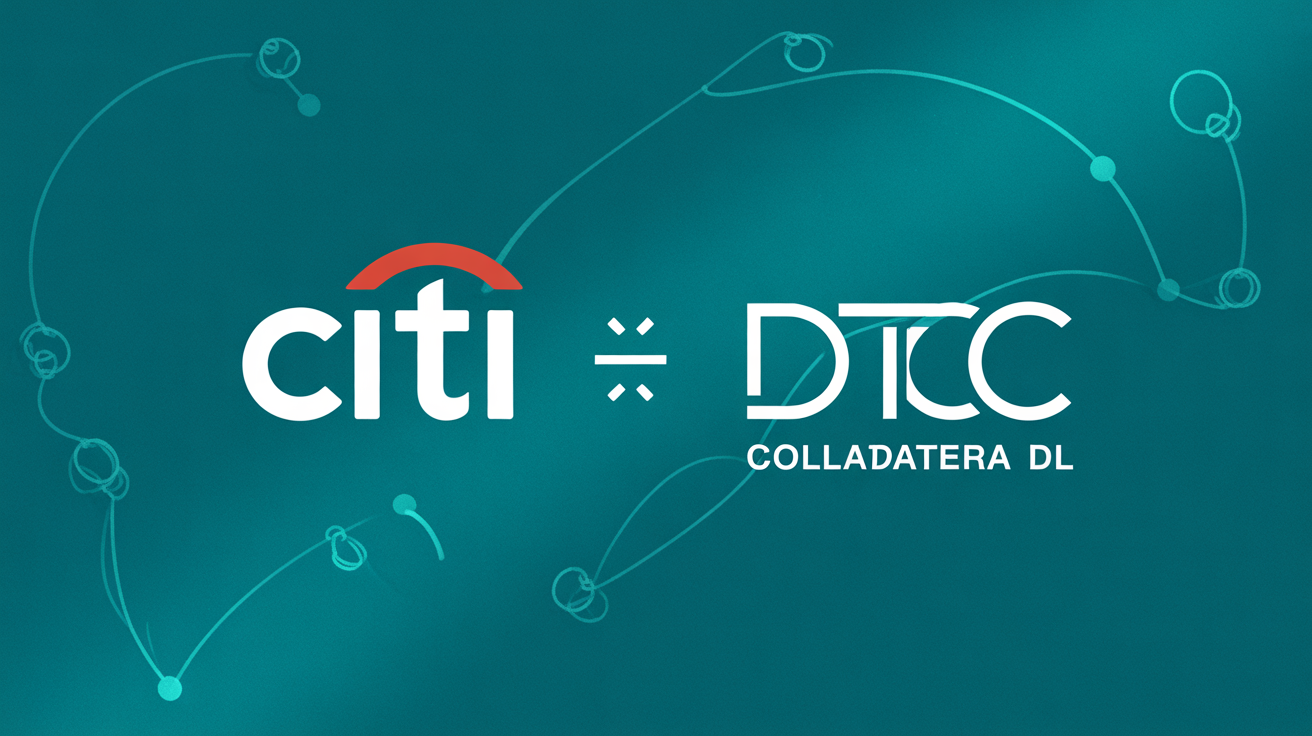World Liberty Financial (WLFI) is pushing back against speculation that Tron founder Justin Sun triggered its sharp token sell-off, saying wallet freezes were enacted to contain phishing-related compromises rather than punish market activity.
The project confirmed it had frozen 272 wallets last week, with 215 tied to phishing attacks and another 150 compromised through support channels. “WLFI only intervenes to protect users, never to silence normal activity,” the team said on X.
Sun’s wallet was among those blacklisted after he conducted small transfers between his own addresses. Onchain data shows the movements were not sales and came hours after WLFI’s steepest price drop.
According to Nansen, Sun moved 50 million WLFI (about $9.2 million) on Sept. 4, well after the token’s decline had begun. Nansen founder Alex Svanevik said the transfers “followed the crash rather than caused it.”
Other large token movements also appear unrelated to the sell-off. A $12 million WLFI transfer from HTX to Binance by a third-party market maker was part of a routine rebalance and was too small to impact a market with more than $700 million in daily volume.
Market participants instead point to heavy shorting and coordinated selling across desks as the true catalyst. A transfer from BitGo to Flowdesk flagged by Nansen coincided with the start of the decline and has been cited as a key trigger.
Still, WLFI’s decision to freeze wallets has unsettled large traders, with some expressing concern about the precedent. “If they can do it to Sun, who’s next?” one person familiar with desk conversations said.
WLFI is trading at $0.18, down 40% from its listing, according to CoinGecko.




























